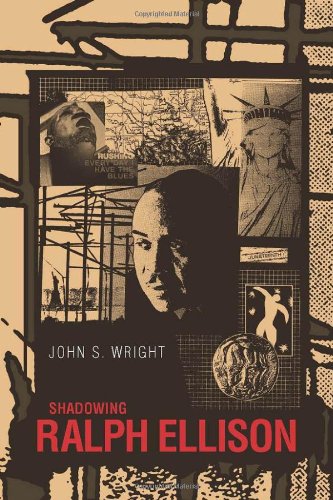

Most ebook files are in PDF format, so you can easily read them using various software such as Foxit Reader or directly on the Google Chrome browser.
Some ebook files are released by publishers in other formats such as .awz, .mobi, .epub, .fb2, etc. You may need to install specific software to read these formats on mobile/PC, such as Calibre.
Please read the tutorial at this link: https://ebookbell.com/faq
We offer FREE conversion to the popular formats you request; however, this may take some time. Therefore, right after payment, please email us, and we will try to provide the service as quickly as possible.
For some exceptional file formats or broken links (if any), please refrain from opening any disputes. Instead, email us first, and we will try to assist within a maximum of 6 hours.
EbookBell Team

0.0
0 reviewsIn Shadowing Ralph Ellison, John Wright traces Ellison’s intellectual and aesthetic development, and the evolution of his cultural philosophy, throughout his long career. The book explores Ellison’s published fiction, his criticism and correspondence, and his passionate exchanges with—and impact on—other literary intellectuals during the Cold War 1950s and during the Culture Wars of the 1960s, 1970s, and 1980s.
Wright examines Ellison’s body of work through the lens of Ellison’s cosmopolitan philosophy of art and culture, which the writer began to construct during the late 1930s. Ellison, Wright argues, eschewed orthodoxy in both political and cultural discourse, maintaining that to achieve the highest cultural awareness and the greatest personal integrity, the individual must cultivate forms of thinking and acting that are fluid, improvisational, and vitalistic—like the blues and jazz. Accordingly, Ellison elaborated throughout his body of work the innumerable ways that rigid cultural labels, categories, and concepts—from racial stereotypes and fashionable academic theories to conventional political doctrines—fail to capture the full potential of human consciousness. Instead, Ellison advocated forms of consciousness and culture akin to what the blues and jazz reveal; and he portrayed those musical traditions as the best embodiment of the evolving American spirit.